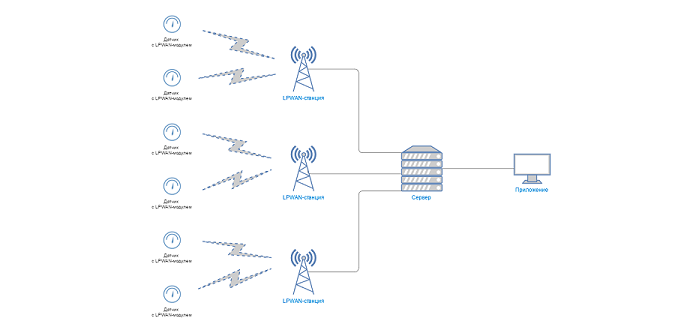Telecommunication networks are getting evolve at rapid rate as business are transforming towards globalization. International business calling services are witnessing pick as communicating with other country clients, investors and distributor is become simple and faster. Supporting infrastructure development of communication and logistic network boosting the voice carrier services adoption ratio. Increasing consumption of the smartphones, laptops and cloud platforms with supporting infrastructural growth inexorably transformed the telecommunication industry. Advent 5G, fiber optic and other connectivity services enhanced the growth of internet services in developed nations as well as in developing nations. Rising development in internet-based voice calling services such as VoIP accelerating the market growth. Growing competition in voice carrying business increased pressure on market players. Prices are falling which gives increasing power for buyers and slight declined growth for traditional voice carrying business solution. Quality demand of the wholesale voices services is rising owing to which service needs to peak capacity requirements. The wholesale voice services are gaining major adoption from the regions such as North America, Europe and Asia, while regions like the Middle East and Africa might be a potential market for forecasted year. Increasing adoption of internet-based calling apps and services are getting supported by the growing sale of smartphone and other network connected devices.
AT&T INC., DEUTSCHE TELEKOM AG, TATA COMMUNICATION, TELEFÓNICA S.A., AND IDT CORPORATION – PROMINENT MARKET PARTICIPANTS IN WHOLESALE VOCIE CARRIER MARKET
A few years ago, the pricing structure of wholesale voice carrier had fixed charging rate per call and varied among providers. The new regulation increased competition among the new market players, and pricing structure witnessed positive change favoring the customers. Traditional telephone services are governed by the regulation that created complete or near monopoly on the market. Charges are decided by the firms based on their revenue and pursuit of dominance in local market, resulting VoIP to be 40–80% cheaper than traditional service as they are based on internet connectivity. In addition, traditional telephone calls are expected to travel greater distance and need open circuit while the call is processing; on the other hand, VoIP requires only the presence of strong internet connection.
According to the survey conducted for over 1,000 small businesses by the Telzio, Inc., a VoIP service provider company, a VoIP service can help companies reduce telecommunication cost by almost 50%. In addition, the setup cost is negligible, while an on-premise phone system can cost nearly US$ 20,000. Therefore, benefits such as lower overheads requirement, elimination of call waiting and voicemail expenses, and slashed relocation cost are supporting the growth of the wholesale voice carrier market.
AT&T Inc., BICS SA/NA, BT Group, DEUTSCHE TELEKOM AG, IDT Corporation, Tata Communication, TELEFÓNICA S.A., Lumen Technologies, VERIZON COMMUNICATIONS, INC., and ORANGE S.A. are some of the key market players operating in the global wholesale voice carrier market. The listing of key players is derived by considering multiple factors such as overall revenue, current wholesale voice carrier product portfolio, geographical reach, new product launches, market initiatives, and investment in technology up-gradation, partnerships, and other market related activities. In addition to these players, there are several other important players operating in the wholesale voice carrier ecosystems which were studies analyzed during the course of this market research study.
Most of the market initiatives were observed in across the globe, which have a high potential of market-related products, solutions, and services. Few of the important market initiatives from the industry are mentioned below:
| Year | News | Region |
| 202 | BICS SA/NA joined the SMART Africa Alliance to support the alliance’s One Africa Network project. The One Africa Network project aims to reduce roaming charges in among member states. | MEA |
| 202 | Tata communication received Type B telecom license in Saudi Arabia which enables the company to provide Internet Service Provider (ISP) and other related telecom services to enterprises. | MEA |
| 202 | Deutsche Telekom AG collaborated with Orange International Carriers on POC (proofs of concept) to enhance IPX services. | Europe |



